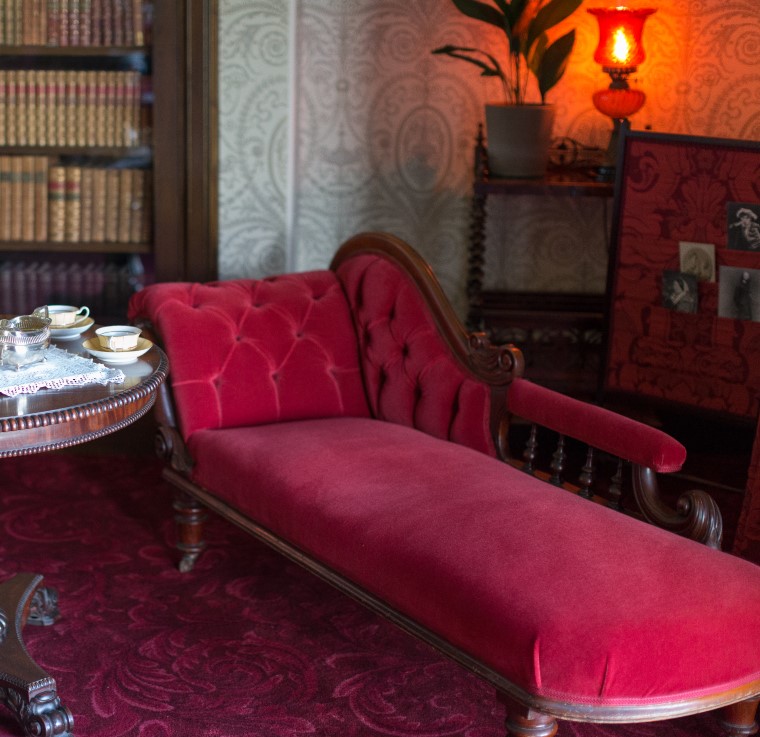An often-quoted line, but no more applicable than to Alfred’s devoted wife Emily of whom he once said that she was his life-long and truest critic. He would often discuss his poems with her and always sought her opinion before publishing. Emily also worked tirelessly behind the scenes managing her husband’s diary, and (since our great poet so much disliked letter writing) responding to the steady stream of correspondence on his behalf, which on account of the relentless volume at times threatened to overwhelm her.
Letters of Emily Tennyson, by James O Hoge is a fascinating compendium of her correspondence through the years. Over time friends grew concerned that Emily was overexerting herself. The Oxford academic Benjamin Jowett advised her: “Do not throw away your life in the performance of imaginary duties which are really unimportant.”
Emily’s Journal, family letters and friend's accounts all support the impression of a busy and sociable home life. The couple were the most genial of hosts who regularly entertained many famous Victorians, but Emily often wrote of her supreme contentment on the rare occasions when they were not entertaining visitors, and she could savour the company of her husband and sons.
In 1858, for example, she observed: ‘It is a happy time for me with our little boys on each side of me on the sofa... reading to them nursery tales or nursery rhymes before our own evening reading. If it were not faithless, I should be afraid of so much happiness as I have.” A frail and often immobile woman, Emily noted when the trio would nurse her and even carry her to the Down in a chair on a sunny day. In 1866 she wrote: “The boys [are] wonderfully tender & thoughtful, so different from what one often hears of boys.” When they left for school, she described the house as “dreary without them.”
It remains uncertain the exact cause of Emily’s ailing health, but she grew increasingly frail after the birth of her children and spent much of her time confined to a chaise longue, like the one seen in the drawing room today. The novelist, Thomas Hardy rather bluntly described her rising from her chaise longue to meet him as if from a coffin!

While attending to the more commonplace duties of a Victorian wife in the managing of a large household and the raising of their two sons, Emily Tennyson was also critic, secretary, and protector to the Poet Laureate. None put it more aptly and succinctly than the celebrated artist and nonsense poet, Edward Lear who famously proclaimed Emily to be the equivalent of:
“15 angels, several hundreds of ordinary women, many philosophers, a heap of truly kind mothers, 3 or 4 minor poets, and a lot of doctors and school mistresses”.